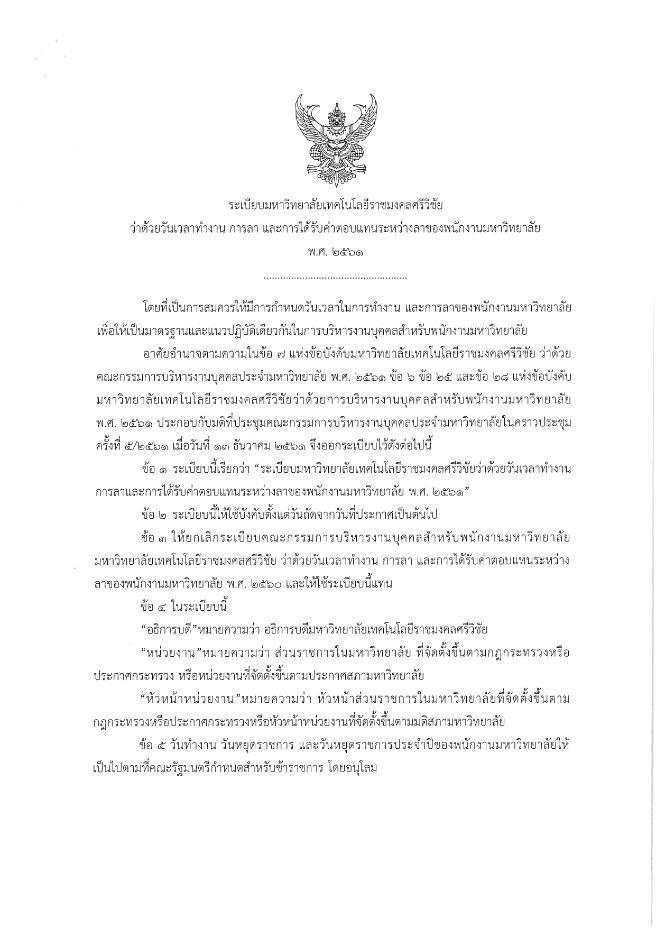Reporter:
Dr Lamun Kayurin
Mrs.Suchada Jeensuksang
Ms.ApitchayaLimpanapittayatorn
Mr.Varutcha Chanchampa
Mr.Panuwat Noonkong
Mr.Rachen Arkarod
Evidence date: Jan-Dec 2023
Related to: 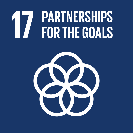
Indicator relate to : 17.2, 17.2.1,17.2.2
Rajamangala University of Technology Srivijaya (RUTS) prioritises policy development and operations that support sustainability and climate change adaptation, focusing on public and local organization engagement in sustainable natural resource management. The university adopts a comprehensive approach to promote knowledge and technology effectively addressing environmental issues. Details on the university’s Policy and Operations include:
1. Collaboration for Sustainable Water Management with the Office of National Water Resources
In 2023, RUTS signed a Memorandum of Understanding (MOU) with the Office of National Water Resources to expand research and innovation for sustainable water management in Southern Thailand. This partnership focuses on policy development and operations in collaboration with local communities and organizations, enhancing the capabilities of university staff and government personnel to address water-related challenges resulting from climate change. this collaboration, the university plays a crucial role in transferring knowledge and new technologies to local communities in Southern Thailand through participatory processes, especially in high-risk areas. This includes installing salinity monitoring equipment in water sources for agricultural use. Additionally, the focus is on developing and supporting practical, applicable technology for both normal and crisis water management, enhancing stability and sustainability in these communities.
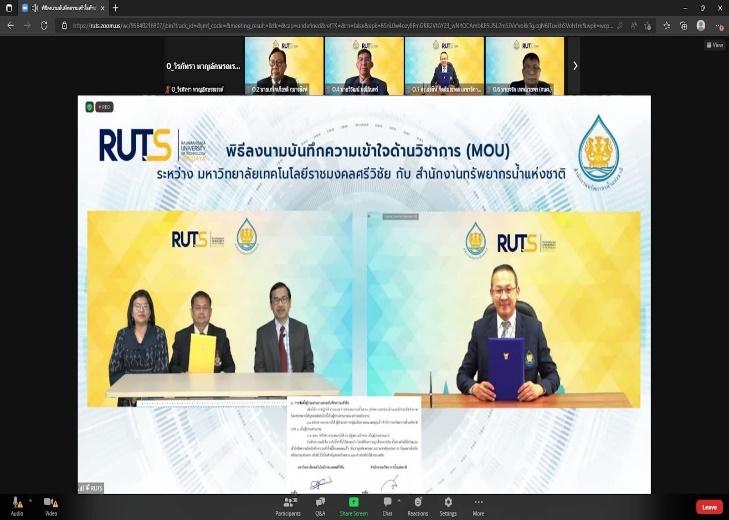
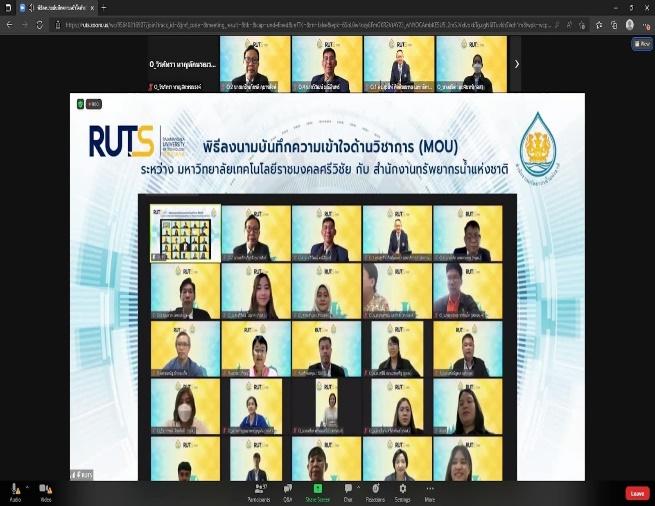
2. Developing Water Management Policies with Communities in the Sathing Phra Peninsula 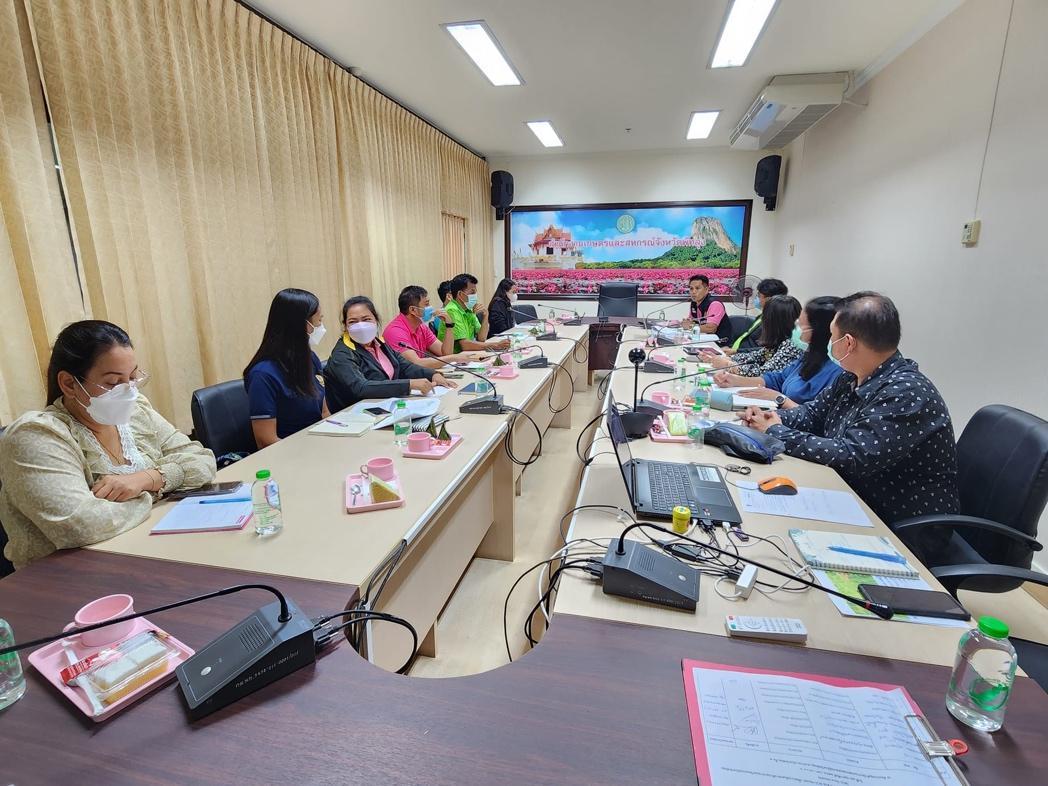
The university has developed water management policies for the Sathing Phra Peninsula, an area impacted by climate change and saline intrusion. This project began with collaboration with community leaders to survey and establish systematic water management strategies. Salinity monitoring tools have been installed in agricultural water sources as part of comprehensive agricultural water planning, addressing the needs of local farmers effectively.
Water management in this area also incorporates solar energy technology to conserve energy and reduce fossil fuel usage, allowing the university to sustainably utilize local resources. This water management policy serves as an excellent example of leveraging technology to strengthen water security and fosters genuine collaboration with the community, enhancing sustainable practices and resource resilience.
3. Strengthening Sustainable Agriculture Policy through IoT Technology
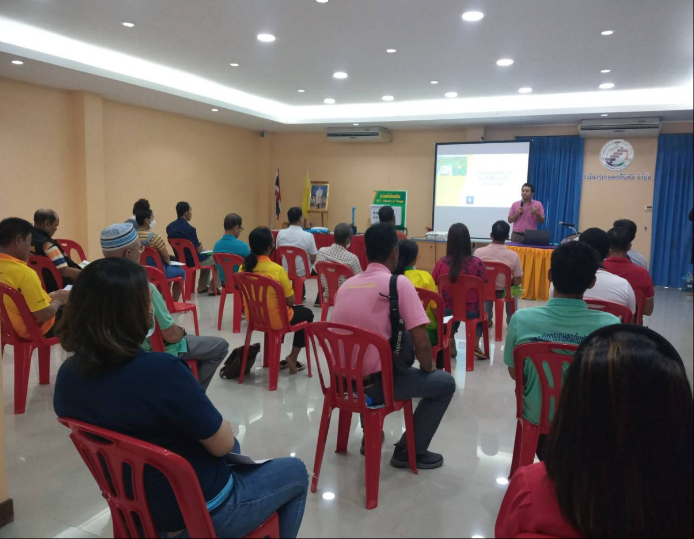
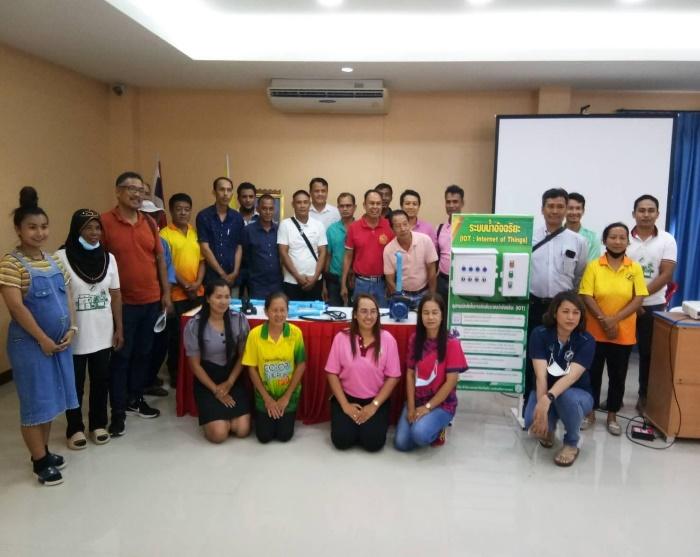
To promote sustainable water and agricultural management, RUTS has established a policy encouraging the use of Internet of Things (IoT) technology in agriculture in collaboration with communities in Trang Province. This policy aims to help farmers adapt to climate change by implementing smart irrigation systems that automatically control water and energy usage, reducing resource waste and fostering environmental friendliness. This policy also focuses on reducing greenhouse gas emissions from agricultural activities and improving water use efficiency. Through consultation and training, farmers are equipped to use IoT technology for effective and sustainable resource management. By utilizing IoT data, farmers can optimize water and energy use in agricultural activities. This policy reflects the university’s commitment to supporting sustainable development at the community level.
4. Water Resource Management Policy in Southern Thailand through Government and Community Collaboration 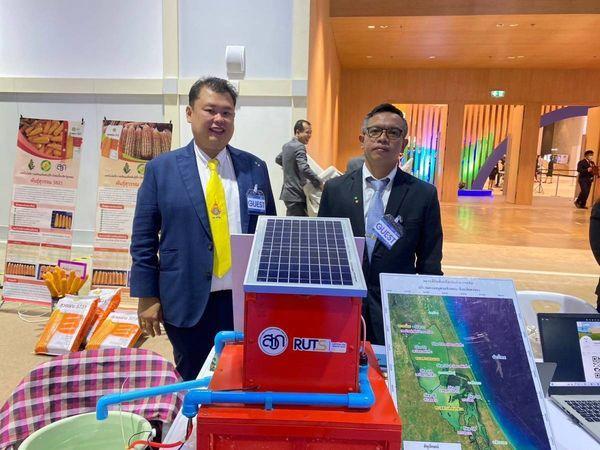
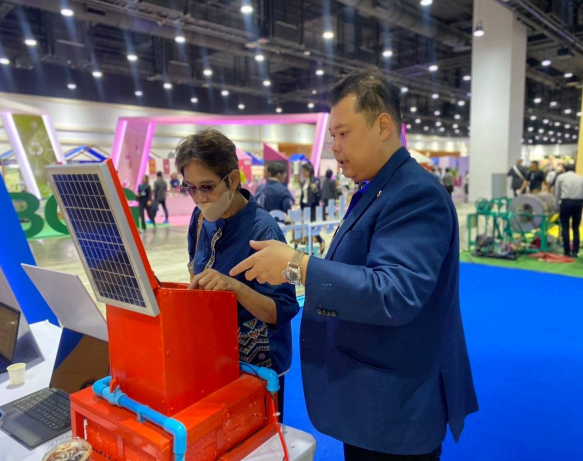
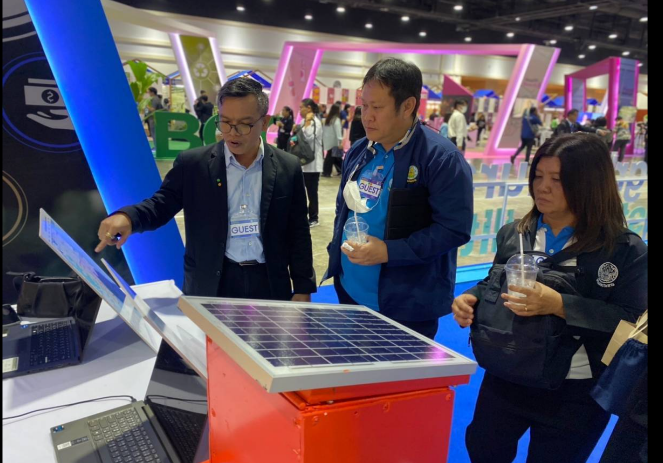
RUTS’s water resource management policy emphasizes collaboration with communities, NGOs and government agencies in Southern Thailand to plan and manage water resources sustainably. This is particularly important in areas affected by saline intrusion and flooding, such as the development of salinity monitoring systems in Songkhla Lake to support farming activities in areas adjacent to the lake. This policy further emphasizes promoting community and local leadership involvement in tracking and planning sustainable water use, building resilience for long-term water resource management. It reflects the university’s efforts to manage water resources in alignment with Sustainable Development Goal (SDG 13.3.1) and raises awareness among southern communities about adapting to climate change.
Outcomes and Significance of Policy and Operation Efforts
The policies and operations of Rajamangala University of Technology Srivijaya in sustainable water and agricultural management demonstrate the university’s commitment to empowering local communities to become resilient to climate change. Collaboration among the university, NGOs, government agencies , and local communities is essential for enhancing water resource management efficiency. Additionally, the use of smart technologies like IoT and renewable energy is encouraged to optimize resource use.These policies also signify the university’s success in raising community awareness and fostering participation in water resource management, crucial for building security and sustainability in the region. This approach prepares communities for both normal conditions and emergency situations related to climate change.
https://www.facebook.com/share/p/dsBDUNUuP5Lb1mSU
Related link: http://pe.org.pl/articles/2023/9/33.pdf

